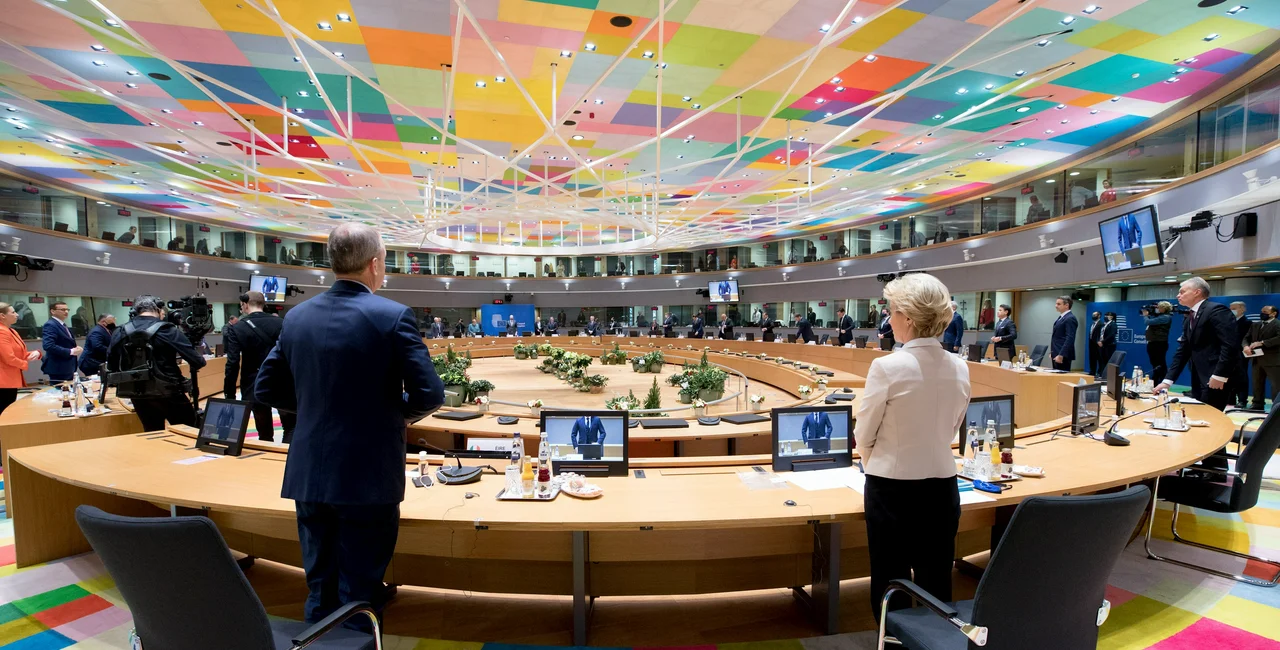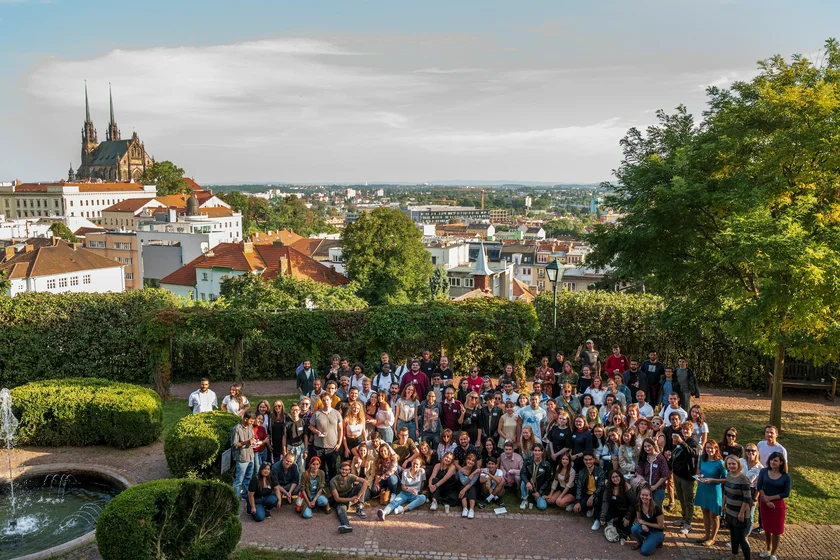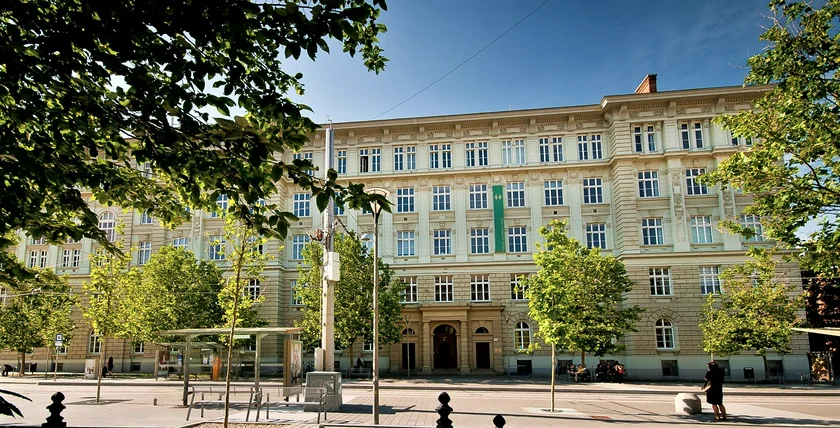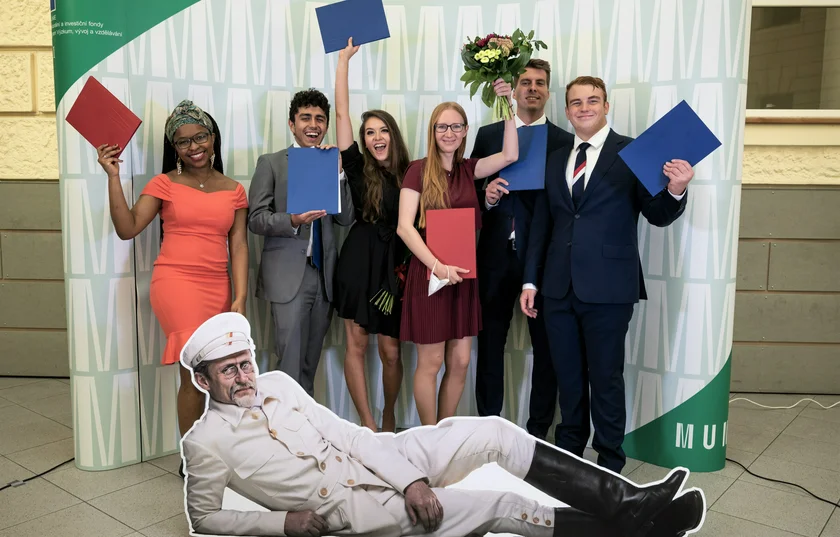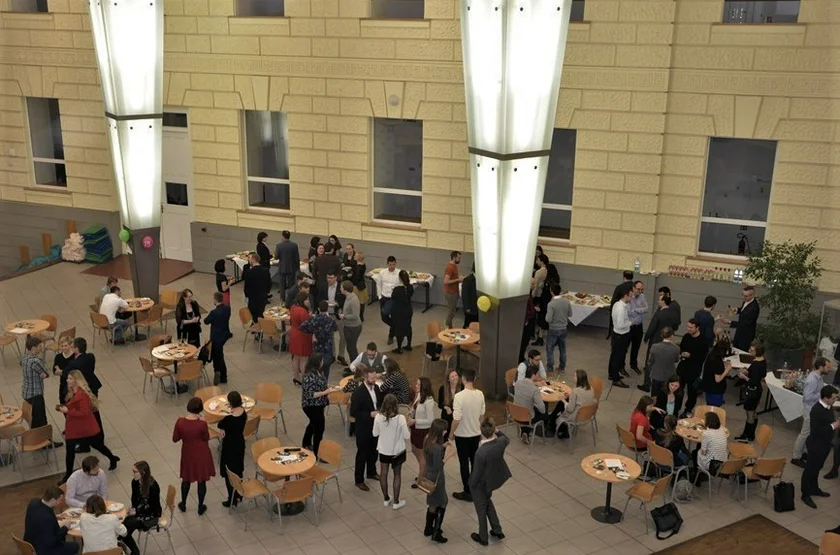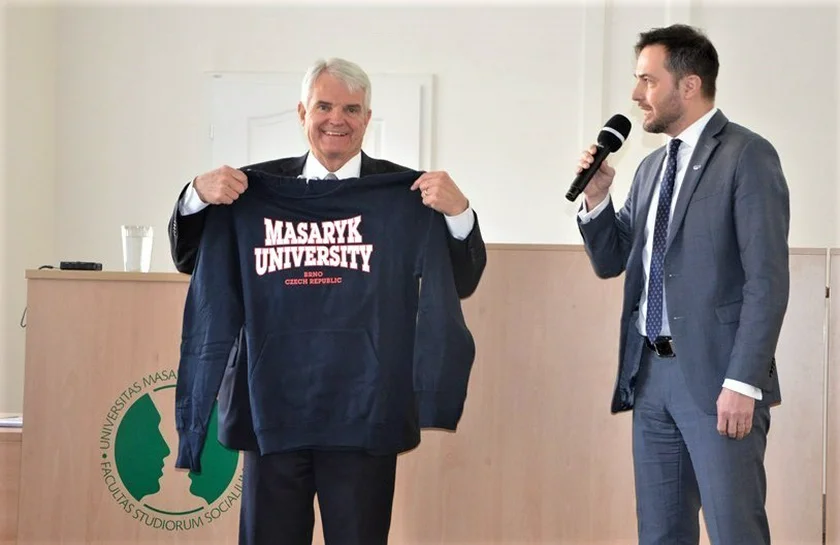Today's headlines are dominated by climate change, energy crises, and immigration. The Eastern flank of Europe amid crisis, lockdowns wreaking havoc on the international economy, volatile energy and oil price swings, human rights crises, and ultimately polarization, and political extremism.
While the complexities of the 21st century are nothing to make light of, for students of global affairs, there's never been a more fascinating time to consider studying international relations and European politics or energy politics.
In fact, in a recent poll, international relations was named one of the fastest-growing areas of study in 2022 with degrees in the field leading to jobs in international organizations, public administration, multinational businesses, political campaigns, human and civil rights organizations, and related fields gaining popularity among students intent on changing the world or expanding their careers.
"International politics is a phenomenon that impacts every field of human activity from diplomacy and relations between states to trade, manufacturing, science, IT, media, and culture," says Oldřich Krpec, Ph.D., Associate Professor at Masaryk University's (MUNI) Department of International Relations and European Studies.
Despite the pandemic – or maybe because of the way it brought wide-reaching government policy to the forefront of daily life – MUNI, which boasts some of the most acclaimed English-language programs in international relations at both BA and MA levels, is currently seeing a surge in interest from both Czech and international applicants.
Krpec believes that the university’s location in the Czech Republic, which is both historically and currently at the epicenter of Continental politics, makes it among the best study locations for candidates who want to learn about global and European affairs and their intricate dynamics.
MUNI is located in the university town of Brno, which regularly outpaces Prague in terms of quality of life and cost of living. It also boasts one of the region's most affordable degrees and the broadest selection of international programs.
“Few places offer such a high concentration of international students from all over the world in interrelated programs focusing on international complexities in a truly diverse setting,” says Krpec.
He adds that Masaryk University maintains an extremely high employability ratio, with over 92% of its graduates acquiring long-term employment within two years of graduating from their Master's; 64% already working at the time of their graduation, and over 71% employed in government, transnational corporations, or NGOs.
As an example of the school's interdisciplinary appeal – and relevance to current political events – Krpec cites the European energy crisis, the many different facets of which can be studied and applied across a number of sectors and professions.
"Energy pervades all aspects of modern society, and energy policy forms a core component of foreign, security, environmental and social policies," says Hedvika Koďousková, Ph.D. assistant professor in MUNI’s Department of International Relations and European Studies.
She adds that MUNI's energy policy studies program comprises the largest social science energy research community in Central and Eastern Europe.
"The EU is a very complex and influential actor in global energy relations and few are able to understand it better than our graduates," Koďousková says.
Masaryk alumni span the globe across a broad spectrum of careers. From diplomats to government representatives, international liaison officers, analysts, project managers, NGO officers, entrepreneurs, consultants, and more. The school’s most high-profile alumnus is current Czech Prime Minister Petr Fiala.
While students take courses focused on analytical approaches and theoretical perspectives, practical training is honed through internships such as European Parliament assistants, at the OSCE, European Commission, or NGOs like Amnesty International.
Another unique facet of the MUNI program is its 120 field-specific study abroad agreements globally which allow students who are already studying abroad in the Czech Republic to spend a fully-funded semester or two at other study destinations among its vast European and global network.
Nino Khurtsilava, a Leading Specialists in International Relations for the Ministry of Economy and Sustainable Development of Georgia, says that the school's global network is what helped her land a dream job after graduating from the European Politics program.
"Masaryk University gave me an outstanding opportunity to meet academics from all around the world and have the privilege to work with brilliant scholars,” she says. “The faculty, not only provided the knowledge and skills fit for a successful career but also fostered connections and acquaintances that helped me grow and develop both in personal and professional terms."
Neda Smiljanic, currently part of the OSCE mission in Kosovo said her studies at European Politics at the university’s Faculty of Social Studies were incredibly valuable to her career.
"As the program approaches topics from various perspectives of observation, it enables students to acquire a wide-range theoretical and practical knowledge. This shapes and improves analytical and writing skills, which I found to be of great benefit to my professional work.”
Smiljanic adds that the school’s student-oriented approach was also a major benefit and that lecturers are “willing to discuss and provide guidance and help whenever needed."
Such success stories reinforce the school's motto of "Challenge yourself to impact the world" while underscoring the diversity of its students and alumni. The student body represents some 40-plus countries making for a truly international experience.
And it seems the world is paying attention. The QS World University Rankings, one of the most respected university rankings worldwide, recently named Masaryk University the 7th best university in the region, and the 2nd best in the Czech Republic among schools in “Emerging Europe and Central Asia.”
This article was written in association with the Department of International Relations and European Studies, Masaryk University. To read more about our partner content policies see here.












 Reading time: 4 minutes
Reading time: 4 minutes 